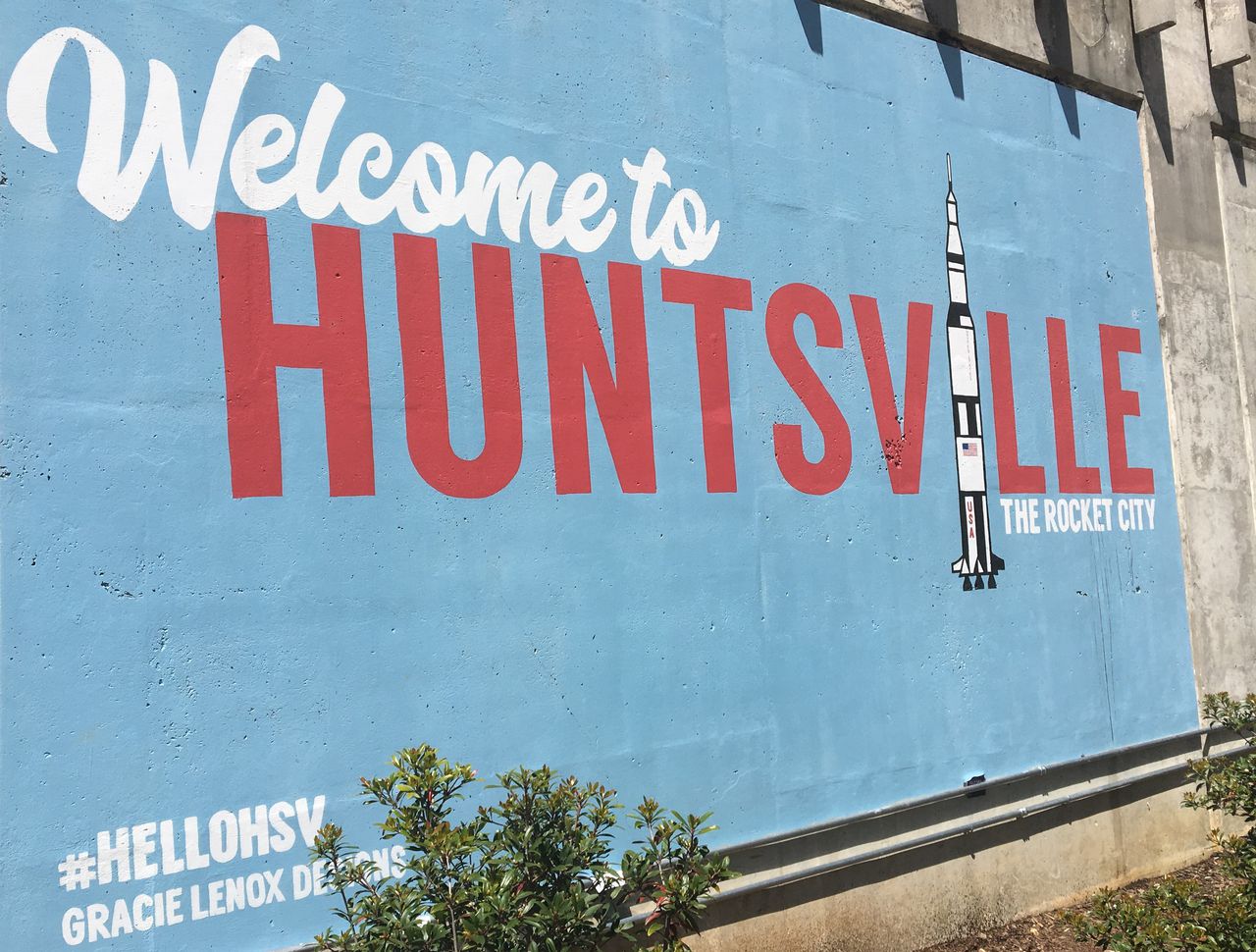Huntsville gives approval to medical marijuana dispensaries
Huntsville will have medical marijuana dispensaries next year as the Rocket City joins a growing list of Alabama cities taking advantage of a new state law to sell what will be a highly regulated product available solely for health-related purposes.
The city council, as expected, approved without dissent a city ordinance allowing the dispensaries. The council voted 4-0 while Councilman Bill Kling was absent due to a family issue. Kling sent a statement through Council President John Meredith saying he supported dispensaries.
Related: Huntsville city council raises concerns over medical marijuana dispensaries
While the council peppered administration officials with questions about the new process of creating and regulating dispensaries when the ordinance was introduced two weeks ago, none of the council members expressed opposition.
Montgomery and Tuscaloosa have approved dispensaries and while smaller cities such as Spanish Fort, Daphne and Foley have also given their OK. Birmingham is also considering legalizing dispensaries and Madison is expected to soon consider the issue. Governments in Fairhope and Pelham have rejected allowing dispensaries.
“I’ve had concerns about this from the beginning, based on what I’ve seen in other areas,” Councilwoman Jennie Robinson said. “But I believe that we are putting enough restrictions on this that it will genuinely benefit those specific sets of individuals who desperately need this while still making sure that that that we that we protect the rest of the community.”
On a parallel path, the Huntsville planning commission is studying the issue of where dispensaries would be located in Huntsville to abide by restrictions spelled out in state law and to satisfy city officials. The dispensaries would be limited to medical districts near Huntsville Hospital and Crestwood Medical Center under an amendment adopted by the planning commission.
The city council is expected to consider the planning commission actions for final approval in December.
State law permits up to 37 dispensaries across the state and Madison County could have a maximum of nine based upon the formula established by the law.
Robinson asked about various requirements outlined by the law designed to keep medical marijuana heavily regulated and maintain safety. Among restrictions required by the law is that no dispensary can be located within 1,000 feet of a school or daycare facility, must have always at least one security guard on duty during operating hours. Video and audio surveillance must be always in place inside and outside of the dispensary.
No smokeable products will be sold and only those authorized to purchase medical marijuana products are allowed inside the dispensary.
Councilman Devyn Keith repeated concerns he expressed two weeks ago about how law enforcement will handle those in possession of medical marijuana but without their authorization card.
“I am supporting this because I believe in it,” Keith said. “But until marijuana’s stigma, not just socially, but also legally, has changed, this could add a secondary issue. And I think most police officers would agree with that.”
Henry Thornton, the city’s external relations officer, has said that law enforcement will have access to the medical marijuana database to help identify those who may not have their card on them.
Eligible consumers must be suffering from at least one of 16 conditions spelled out in the law such as autism, Crohn’s disease, cancer-related issues, epilepsy or other seizure-causing conditions, post-traumatic stress disorder, chronic pain or a terminal illness.
